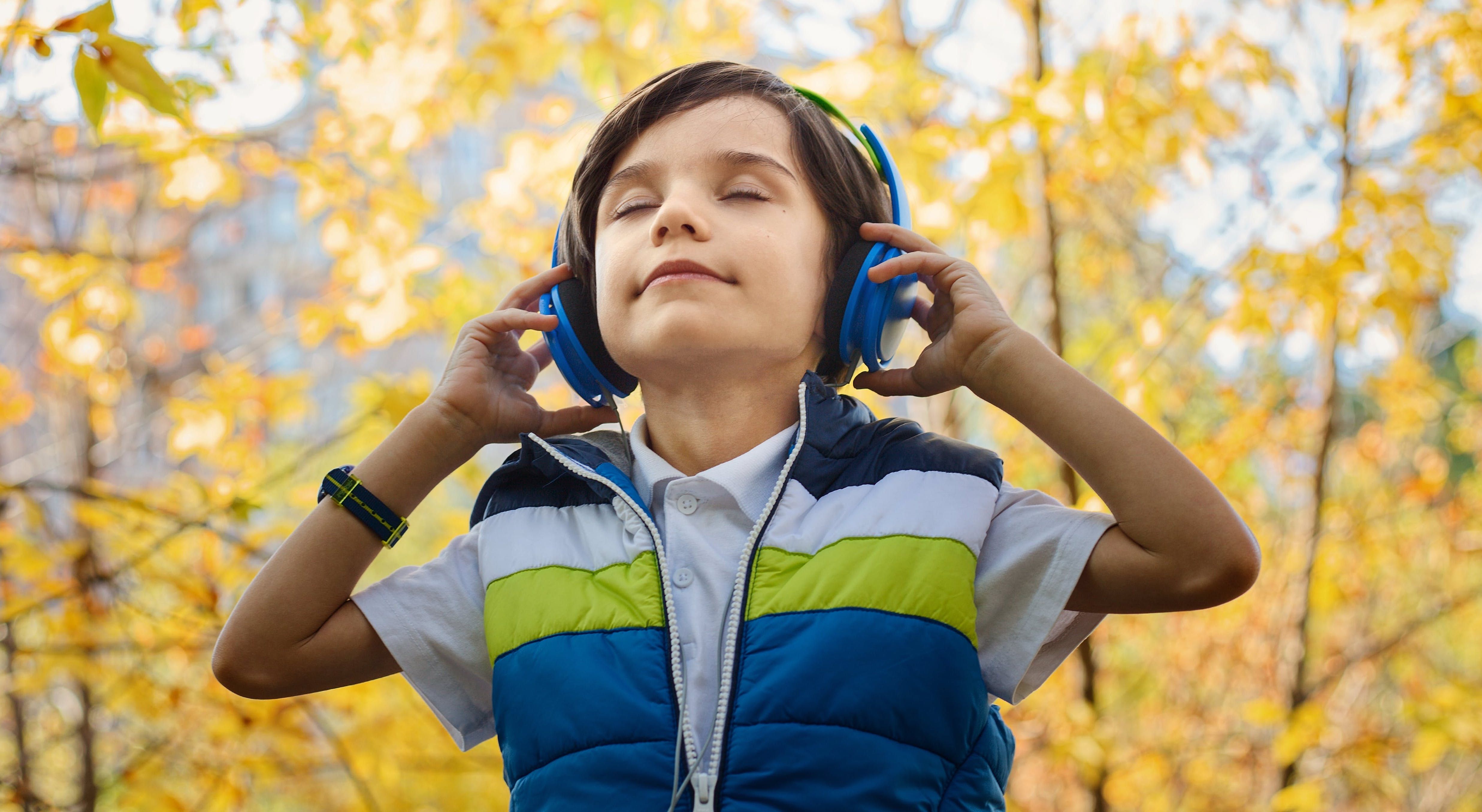
Managing anxiety in autistic children
by Sadie Gillett
Nov 7, 2023
If your child is anxious, it can feel like everything triggers anxiety in them, and trying to do anything as a family can feel extremely challenging. Here are some easy things that you can do to support your child if they have high levels of anxiety:
For sensory anxiety:
Try and work out what is triggering the anxiety and see if these triggers can be removed or reduced. For example, if your child's anxiety is triggered by sensory overwhelm when going to the supermarket, are you able to remove this trigger by doing your shopping online, or shopping when your child doesn't have to be with you? If you can't do this, could you reduce the anxiety trigger, by going at a quieter time or using a smaller supermarket?
If you can't remove or reduce the trigger, then it can be helpful to build an ‘anxiety toolkit’ for your child to. This could contain:
- Objects that they like to feel, touch, smell, or listen to that help them feel calm and soothed.
- Reminders of breathing techniques they can use when the anxiety starts to set in.
- Reminders of anything physical they can do to calm the sensation of anxiety in their body. For many autistic children, the this might involve some ‘deep pressure’ input, such as pushing against a wall, or giving themselves a tight hug.
For social anxiety:
Many autistic children will worry about upcoming social situations, such as going to a party or restaurant. Here are some things you can do in advance to help them feel better prepared:
- Look at the place they're going to online, so that they have a sense of what the place looks like. They may also be able to get some important information in advance of the event (such as the menu, so that they can make choices before they arrive).
- Plan an ’exit strategy’, so they know what to do if they start to feel overwhelmed. This could be a code word to use to you, or to text you, if they need to have a break. You could also decide before you go to an event, where you're going to go if your child needs a break.
- Practise some scripts to use around social interactions they feel anxious about, such as how to respond if someone asks them a question.
- It can also be useful to practise ‘what ifs’, for example - what to do if someone asks you a question you don't know the answer to, or what to do if the restaurant doesn't have the food you're expecting. Planning for the unpredictable can really help alleviate anxiety.
Finally, if your child knows that they're autistic, it can help to remind them that the world is mainly built for neurotypical people and so it's a very natural reaction to feel anxious about managing in a world that often feels sensorily and socially overwhelming and perplexing. Let them know that it’s fine to tell you that something makes them really anxious and they don't want to do it – communicating this is really important for good mental health.
Many autistic children will need some time after an event that has made them feel anxious to recharge and recuperate, so letting them know they will have some downtime after the next day can also be really reassuring.
Sadie Gillett is a thought leader in neurodivergence, with a focus on autism. She has 25 years’ experience working with autistic young people, their families, and their schools.
Let’s clear out the complexities of care. Try Hibi for free here.
